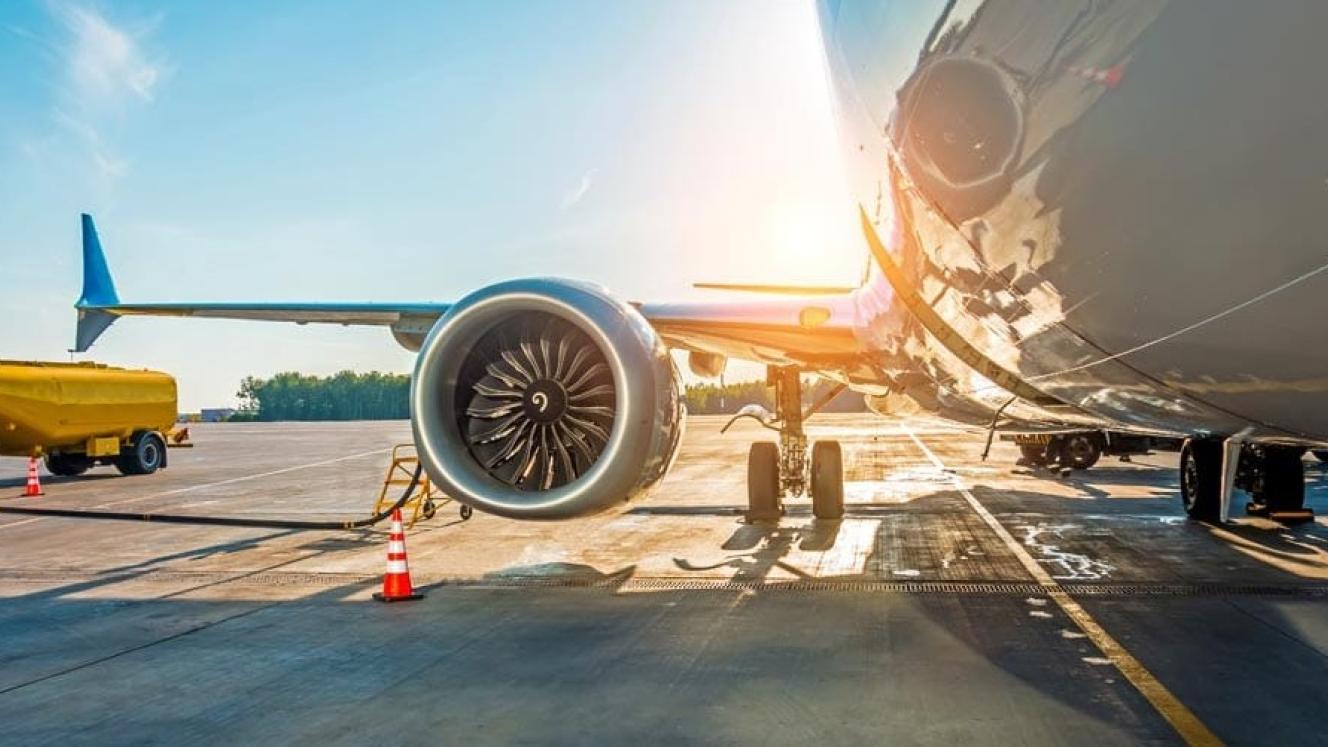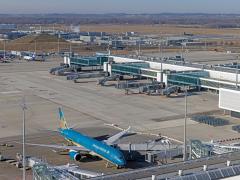South Africa may face another jet fuel supply issue later this year due to a combination of regulatory red tape and scheduled maintenance at the Natref refinery. This is according to Fuels Industry Association of South Africa (Fiasa) CEO, Avhapfani Tshifularo.
He said maintenance at Natref between August and September, combined with outdated fuel import regulations could increase the risk of shortages at major airports, including OR Tambo International (JNB).
Airlines on the line
“Although this is not a problem with the security of jet fuel supply, but rather a challenge with regulatory compliance, this is a critical issue for Board of Airline Representatives of SA (Barsa) members,” explains Barsa CEO, George Mothema.
“Airlines are dependent on the inventory that they sell in advance. From a market point of view, international airlines flying into South Africa operate on the back of their ability to be serviced when they arrive in the country. If they are not guaranteed fuel upon arrival, they have to make additional plans for tankering, increasing their operational costs.”
Mothema explained that airlines would potentially have to fly with extra fuel, or land at alternative airports to refuel, both of which would incur additional costs and charges.
“The impact is huge from an airline point of view: it increases costs and creates uncertainty in terms of planning.”
Mothema said Barsa was engaging with the South African Petroleum Industry Association, Sars and the Department of Transport to establish a contingency plan to secure jet fuel supply for airline members, because the regulatory reforms were expected to take more time to resolve.
Regulatory hurdles
The regulation in question, 1964 Customs and Excise Act, prohibits the direct importation of jet fuel into import terminals. It must be routed through a licensed manufacturing warehouse or refinery. However, South Africa now only has two operational refineries, Natref in Sasolburg and Astron in Cape Town.
“This outdated regulation may severely limit flexibility in sourcing jet fuel, forcing reliance on a shrinking number of refineries, creating bottlenecks during refinery shutdowns or maintenance, and increasing the risk of fuel shortages at major airports, especially when Natref is offline,” Tshifularo told Travel News.
At the beginning of the year when Natref halted operations due to a fire, threatening jet fuel supply for OR Tambo, Sars granted special permission for companies to register tanks as Special Purpose Warehouses. This arrangement allowed the supply chain to bypass the usual requirement. However, Sars emphasised that this was a time-bound solution, valid from October 21, 2024, to October 20, 2025.
Tshifularo warned that even if fuel stock was reinforced before the maintenance shutdown, JNB’s fuel supply would still be at risk.
Fiasa is calling for interim regulatory measures and expedited administrative interventions to allow for fuel imports through terminals while long-term legal reforms were under way.
In the interim, industry stakeholders, including Airports Company South Africa (Acsa), airlines and fuel suppliers met at a Fuel Forum on Monday, August 4, to assess risks and explore appropriate contingency measures.
“While Acsa is exploring limited short-term mitigations, which include working with fuel suppliers to ensure storage at airports is kept as full as possible prior to expiry of the exemption from Sars, a sustainable solution requires continued collaboration between the industry, Sars, and government authorities,” Acsa told Travel News.
“Critically, regulatory flexibility is needed while existing legislation is reviewed to align with South Africa’s growing reliance on imported fuel due to reduced local refining capacity.”
Airlines Association of Southern Africa (Aasa) CEO, Aaron Munetsi, told Travel News that, based on the information presented at the forum, Aasa is comfortable that sufficient contingencies are in place to avoid fuel shortages and disruptions.













